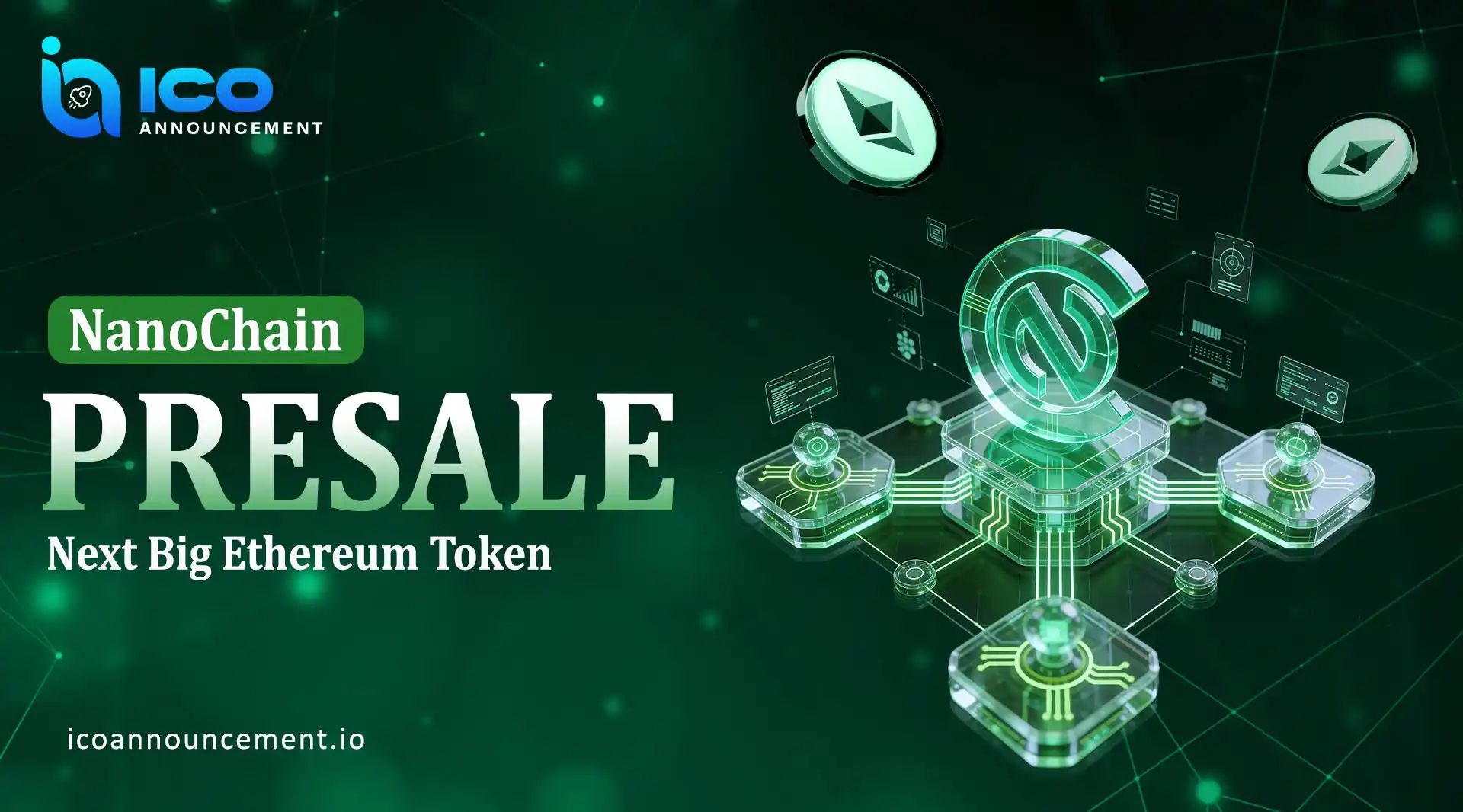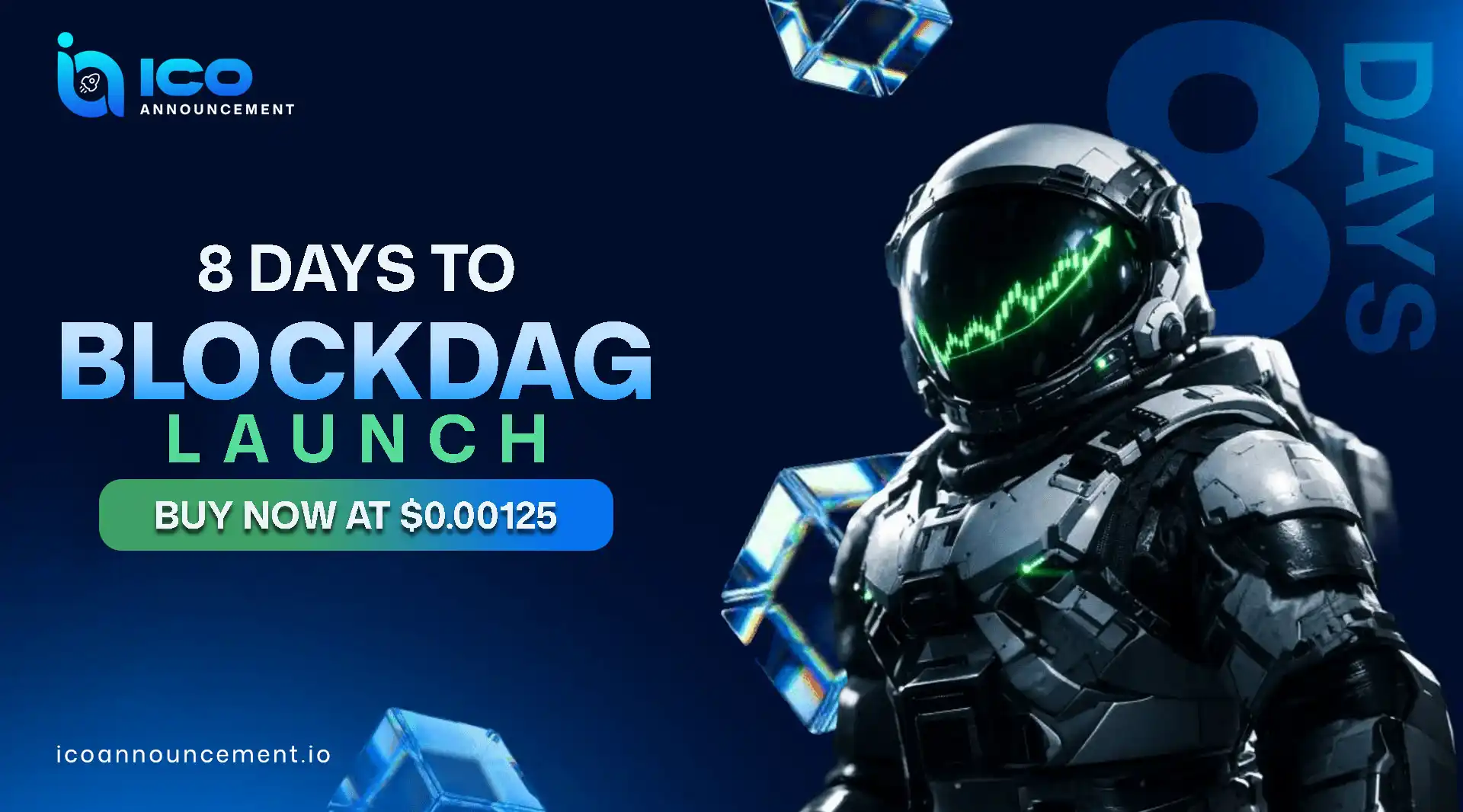Top 10 Blockchain Development Companies to Watch in 2025

Top Blockchain Development Companies You Should Watch Closely in 2025
Finding the right blockchain development company in 2025 is not easy. There are many teams, many tech stacks, and many promises. But your choice matters a lot. As Web3, DeFi, real-world asset tokenization, and enterprise blockchains grow, the need for strong partners grows too. Global market predictions for 2025 place blockchain around fifty-eight billion dollars. Much of this growth is being pushed by bigger companies adopting blockchain and by new AI tools that speed up development.
Highlights
-
More companies and governments are moving real products into blockchain, not just pilots.
- The companies listed below have real results with dApps, DeFi, wallets, real-world assets, private chains, and more.
- The list is balanced across many tech stacks, including EVM chains, Starknet, Aptos, Hyperledger, and multi-chain builds.
- Ratings and awards are checked where possible on known industry directories.
How To Choose the Right Blockchain Development Company
Before you hire a blockchain partner, think about these key points. These details will affect the quality of your final product.
-
Industry Experience- Choose a company that has built products in your field. Fintech, supply chain, gaming, healthcare, and public-sector projects each come with different rules and risks. Regulated industries need partners who know KYC, AML rules, audits, and privacy requirements.
-
Tech Stack and Supported Platforms- Make sure the team has real experience with Ethereum and EVM chains, including layer-twos. They should also know Polygon, Solana, NEAR, Aptos or Sui, Hyperledger or Quorum, and how to connect different blockchains.
-
Security and Compliance- Security is one of the biggest concerns in blockchain. Ask about their development practices, internal and external audits, key management, and whether they work with standards like SOC 2 and ISO-27001 when needed.
-
Proven Portfolio and Case Studies- Look for real results. Ask about adoption numbers, total value locked when it matters, performance benchmarks, and before-and-after improvements.
-
Client Ratings and Reviews- Check third-party reviews. This will help you understand communication style, timelines, and delivery quality.
-
Strategic Support, Not Only Coding- A great vendor does more than write code. They help with tokenomics, compliance, product planning, and clear stages from idea to MVP to full launch.
All these points help you choose a strong partner and avoid expensive mistakes later.
Top 10 Blockchain Development Companies for 2025
Below are ten companies worth your attention this year. Each one has proven work, real clients, and strong delivery.
1. IdeaSoft
- HQ and Background- Based in Tallinn with teams across Europe, Latin America, and Ukraine. Started in 2016 and became part of Sigma Software Group in 2021.
- Core Services- Smart contract development, wallet and DEX builds, centralized exchanges, NFT and real-world asset work, AML and RegTech solutions, AI and machine-learning services, plus full-cycle product development.
- Industries- Fintech, agriculture, government, healthcare, logistics, and gaming.
Why They Stand Out
They have completed more than two hundred fifty projects. Examples include non-custodial wallets, derivative DEX platforms, security token solutions, staking tools, and compliance systems. They mix startup speed with enterprise-level structure.
2. Blaize
- HQ and Background- Located in Ukraine with teams in Kyiv and Dnipro. Founded in 2016.
- Core Services- Web3 development, DeFi and DEX builds, cross-chain bridges, private blockchains, audits through their security team, and work on TON, NEAR, Starknet, and Aptos.
- Industries- DeFi, gaming, healthcare IT, and asset management.
Why They Stand Out
They built a private blockchain for supply chain systems, a money-market protocol on NEAR, the StarkDeFi platform on Starknet, an Aptos asset-management service, and a healthcare data hub. They work across many chains and solve complex problems.
3. Blockstars
- HQ and Background- Based in Ashmore, Queensland, founded in 2021.
- Core Services- Web3 apps, NFTs, DeFi platforms, blockchain plus AI solutions, and crypto investigation tools.
- Industries- Sustainability, retail supply chain, and investigation work.
Why They Stand Out
They created a carbon-removal NFT standard used on Ethereum, Polygon, and Solana. They also have a clear playbook that takes clients from simple workshops to a working product.
4. Gexabyte
- HQ and Background- Located in Almaty, Kazakhstan, and founded in 2018.
- Core Services- Blockchain backends, smart contracts, tokenomics advice, and white-paper consulting. They scale well for complex platforms.
- Industries- DeFi, marketplaces, and crowdfunding. They also hold a strong position in the local Web3 community.
Why They Stand Out
They develop NFT marketplaces and trading systems, and they are known for cost-effective solutions in CIS and MEA regions.
5. Cyber Bee
- HQ and Background- Based in London and founded in 2015.
- Core Services- Web3 and blockchain builds such as DEXs, explorers, staking systems, and real-world asset tokenization. They also offer AI, custom software, and dedicated engineering teams.
- Industries- Fintech, insurance, gaming, and real estate.
Why They Stand Out
They created a tokenized gold-trading platform with real-time pricing and self-custody. They also received industry badges recognizing them as a top blockchain and Web3 company in the United Kingdom.
6. Vareger
- HQ and Background- Headquartered in Tallinn, Estonia.
- Core Services- Blockchain research and development, product discovery through launch, smart contracts, and DeFi and enterprise solutions.
- Industries- Fintech, enterprise systems, and gaming.
Why They Stand Out
Their “blockchain product lab” approach covers the whole cycle from idea to production. They also maintain deep industry pages for fintech and enterprise builds.
7. Bitorix
- HQ and Background- A team with strong roots in the United Kingdom, founded in 2018.
- Core Services- Custom blockchain software, payment and fiat ramps, DeFi systems, NFT marketplaces, and smart contracts.
- Industries- Exchanges, fintech, and NFT markets.
Why They Stand Out
They built an NFT marketplace for an art gallery and created crypto-to-fiat conversion tools. The founders have experience in top tech and finance companies.
8. Chainza
- HQ and Background- Based in Ukraine with strong reviews across freelancer and company-rating platforms.
- Core Services- Smart contract engineering with Solidity, full-stack Web3 work with TypeScript and React, and QA testing for blockchain systems.
- Industries- DeFi, real-world asset tokenization, and DAO governance.
Why They Stand Out
They built a cross-chain NFT bridge between Ethereum and EOSIO and helped develop a DeFi trading platform.
9. Novvr (formerly Lapits Technologies)
- HQ and Background- Located in Greater Noida, India. Founded in 2018 as Lapits Technologies.
- Core Services- Blockchain and smart contract development, NFT marketplace builds, audits, DeFi apps, and Web3 development.
- Industries- Fintech, marketplaces, startups, and small businesses.
Why They Stand Out
They highlight a high job-success score and have served more than one hundred fifty brands. They also present clear company information and an established India base.
10. SapientPro
- HQ and Background- Based in Chernivtsi, Tallinn, and Lucerne. Founded in 2017.
- Core Services- Custom software, blockchain and smart contracts, dApps, AI, SaaS, e-commerce, and UI/UX design. They have completed more than two hundred projects.
- Industries- Fintech, marketplaces, and business digitalization for startups and enterprises.
Why They Stand Out
They hold strong client ratings with consistent five-star feedback. They also follow clear project workflows from proof of concept to full production.
Industry Trends Shaping Blockchain Development in 2025
There are four main trends every blockchain company must understand this year.
-
Enterprise-Grade Adoption- More companies in finance, healthcare, and supply chain are moving through security reviews and launching real blockchain systems. Many of these use private or hybrid chains.
-
AI in the Development Process- AI now helps with code generation, error detection, gas control, and faster builds.
-
Interoperability and Multi-Chain Systems- Modern blockchain systems must connect to many other chains. Bridges, messaging layers, and layer-two and layer-three designs all depend on this.
-
Compliance-Ready Builds- As crypto markets reach multi-trillion-dollar levels, companies expect strong governance, risk control, and clear audit trails.
With these trends in mind, you can better understand which vendor is right for your project.
Conclusion
The biggest factor for success is choosing a vendor whose strengths match your goals. The companies listed above have real experience with DeFi, real-world assets, wallets, exchanges, enterprise systems, and private blockchains. Use this list to begin your research. Check their past work, talk to references, and select the team that best fits your roadmap, timeline, and constraints.
Before You Start Working With a Vendor
- Set clear expectations about scope, budget, and timeline.
- Ask for a proof of concept or MVP plan with goals and rollback options.
- Confirm post-launch support, including response times and escalation steps.
- Review their security practices, key management, audit process, and privacy protections.
A strong start helps reduce risks and improves your chance of a smooth launch.
FAQ
1.What is the average price of hiring a blockchain development firm?
Early discovery or proof-of-concept stages often start around twenty-five to fifty thousand dollars. Full development can range from one hundred thousand to more than five hundred thousand dollars. Costs depend on complexity, regulations, and seniority.
2.How long does it take to develop a blockchain-based solution?
A basic minimum-viable product takes eight to sixteen weeks. Larger or regulated platforms, or multi-chain systems, can take six to twelve months, especially when audits are needed.
3.What are the top technologies in 2025?
Popular choices include Ethereum and EVM chains, Polygon, Arbitrum, Solana, Starknet, NEAR, Aptos, Hyperledger, and Quorum. Multi-chain and secure design are top priorities.
4.Should a blockchain company also handle UI and UX design?
Yes. Most strong companies provide full-cycle delivery, including discovery, product strategy, design, development, DevSecOps, and audits. Some partner with design teams, but end-to-end workflow is common.





